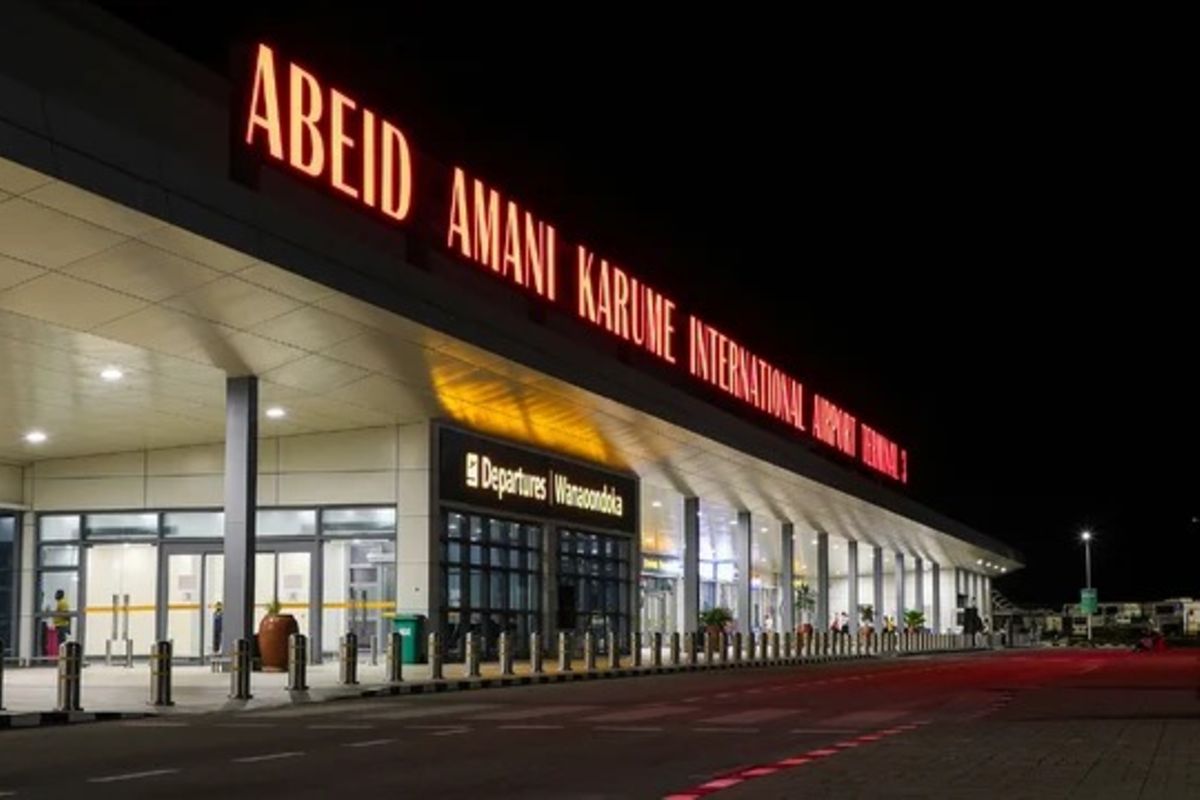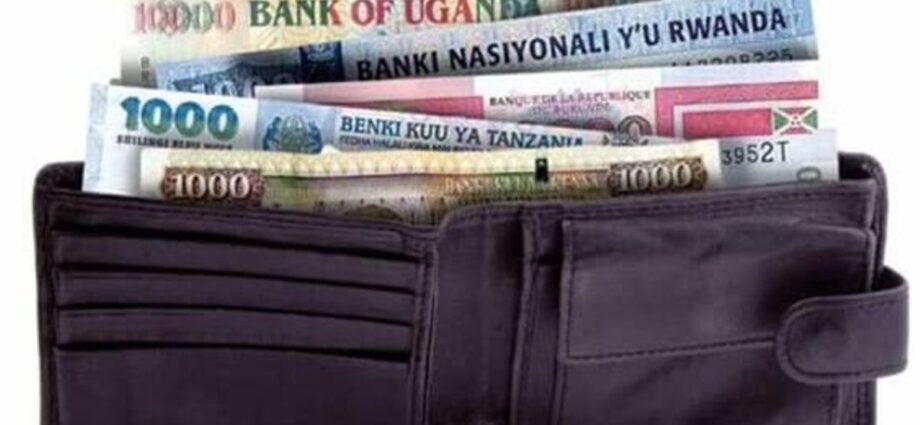East African Community (EAC):
The hallmark of a monetary union is the use of a common currency and the consolidation of monetary policies. A key benefit of a single regional currency is the reduction of transactions costs associated with currency exchange. But a monetary union does not come without costs. They include (a) losing control of monetary policy; and (b) tensions due to misalignment of business cycles.
Article 20 (4) of the Protocol to establish the EAMU stipulates that “[i]n the performance of its functions, the East African Central Bank shall be independent and shall not be influenced by a Partner State.” By joining the EAMU, a country loses a key policy instrument. It is a decision that some countries would only make through a referendum. The timetable towards an EAMU does not include a call for a referendum, but this does not prevent any country from holding one. Holding a referendum may be a mechanism through which the public can be informed about, and debate, the advantages and disadvantages of joining a monetary union.
A “one-size-fits-all” monetary policy will not work well all the time. Asymmetric or country-specific shocks and misalignments of business cycles will, inevitably, cause tensions, as different countries call for different monetary policies. These tensions may exacerbate old conflicts, like those related to non-tariff barriers and can also feed off those old conflicts. A monetary union represents not only a deeper level of cooperation; it can also be a more potent source of conflict.
In the schedule to establish the EAMU, the East African Monetary Institute (EAMI) was to be established by 2015. However, the EAC countries cannot even agree on where the EAMI should be hosted, as explained in an article, “Partner states bicker over who will host the East African central bank”, in The East African (July 30, 2022). When established, the EAMI will eventually be transformed into the East African Central Bank.
As membership in the EAC has continued to grow with South Sudan and the Democratic Republic of Congo (DRC) joining in 2016 and 2022, respectively, the probability of conflicts among members, at any given point, has gone up exponentially. Currently, there is heightened tension between the DRC and Rwanda. The DRC claims that Rwanda is supporting a rebel group in eastern DRC. In October of this year, the DRC expelled the Rwandan ambassador. This is not an environment in which to push for a monetary union.
Moreover, the EAC is not even anywhere close to fully implementing the customs union and common market protocols, which is a pre-requisite for the establishment of the EAMU. The rush should be in implementing those protocols.
Apparently, with a customs union or a common market, a country can be halfway in and halfway out. Countries might agree on common external tariffs but in fact maintain different tariff rates. For example, Kenya has, individually, reached a bilateral Economic Partnership Agreement with the UK that took effect in 2021. Countries sign on for the establishment of a common market, but in reality, make the application for work permits by workers from other member states cumbersome and more expensive. For example, in 2012, two years after the protocol to establish the EAC common market came into force, mainland Tanzania increased work permit fees by 33 percent for workers from the other EAC states.
With a monetary union, however, that kind of half-heartedness cannot be accommodated. A single currency will actually mean a single currency. There will not be, for example, a common currency for some transactions and a national currency for other transactions. Maintaining a monetary union has little “wiggle” room. Countries must establish it or join it only when they are adequately prepared and fully committed.
If and when the pre-requisites for a monetary union have been met and the new currency is introduced, it must be made crystal clear to the public how soon the national currencies will become obsolete. When the EU introduced the euro in 1999, a transition period of three years was given before national currencies were eliminated.
Here is a recommendation for all EAC members – approach the establishment of a monetary union with a secret exit plan, just in case things don’t work out. It would be naïve not to do so.
Share this news
This Year’s Most Read News Stories

Zanzibar airport monopoly puts 600 jobs at risk
On September 14, 2022, the director general of ZAA issued a directive that gave Dnata Zanzibar Aviation Services Limited an exclusive access to the newly constructed Terminal III, barring other operators.Continue Reading

New lawsuit as Zanzibar airport controversy continues
Another company joins the list as they file a petition challenging the exclusive rights granted to Dnata by Zanzibar Airports Authority.Continue Reading

‘No Marburg Confirmed In Tanzania’, But Mpox Remains ‘Public Health Emergency’

Monrovia — The Director General of the African Centers for Disease Control, Jean Kaseya, has said the center stands ready to support Tanzania and other countries in the region where suspected cases of the infectious Marburg Virus Disease have been identified. The World Health Organization earlier this week issued an alert warning of a possible outbreak in the country, although the Tanzanian Health Ministry has said tests conducted on available samples did not show the existence of Marburg in the East African nation.
“As of the 15 of January 2025, laboratory results from all suspected individuals were negative for Marburg Virus,” Tanzanian Health Minister Jenista Mhagama said in a statement. This would have marked the country’s second experience with the highly infectious disease that recently killed over a dozen people in neighboring Rwanda. Tanzania previously reported an outbreak of Marburg in 2023 in the Kegara region, said to have been the epicenter of the new suspected cases.
At the Africa CDC online briefing on Thursday, Kaseya also said another infectious disease, Mpox, “remains a public health concern”. He said that while in December 2024, the disease had afflicted 20 countries, a new country – Sierra Leone – has been added to the number after recent outbreak there. Sierra Leonean health authorities said on January 10 that two cases of Mpox had been confirmed in the country and dozens of contacts are being traced.
With thousands of confirmed cases of Mpox across Africa and more than 1000 people having died of the disease – mainly in Central Africa – Kaseya emphasized the need to increase testing, a theme he’s heralded before. The Africa CDC boss said over the next few months the continental health watchdog will deploy additional epidemiologists and community health workers to areas considered hot spots of infectious diseases in the region.
Source: allafrica.com











